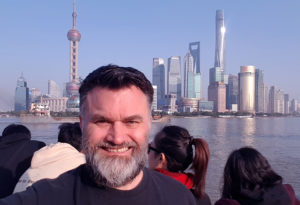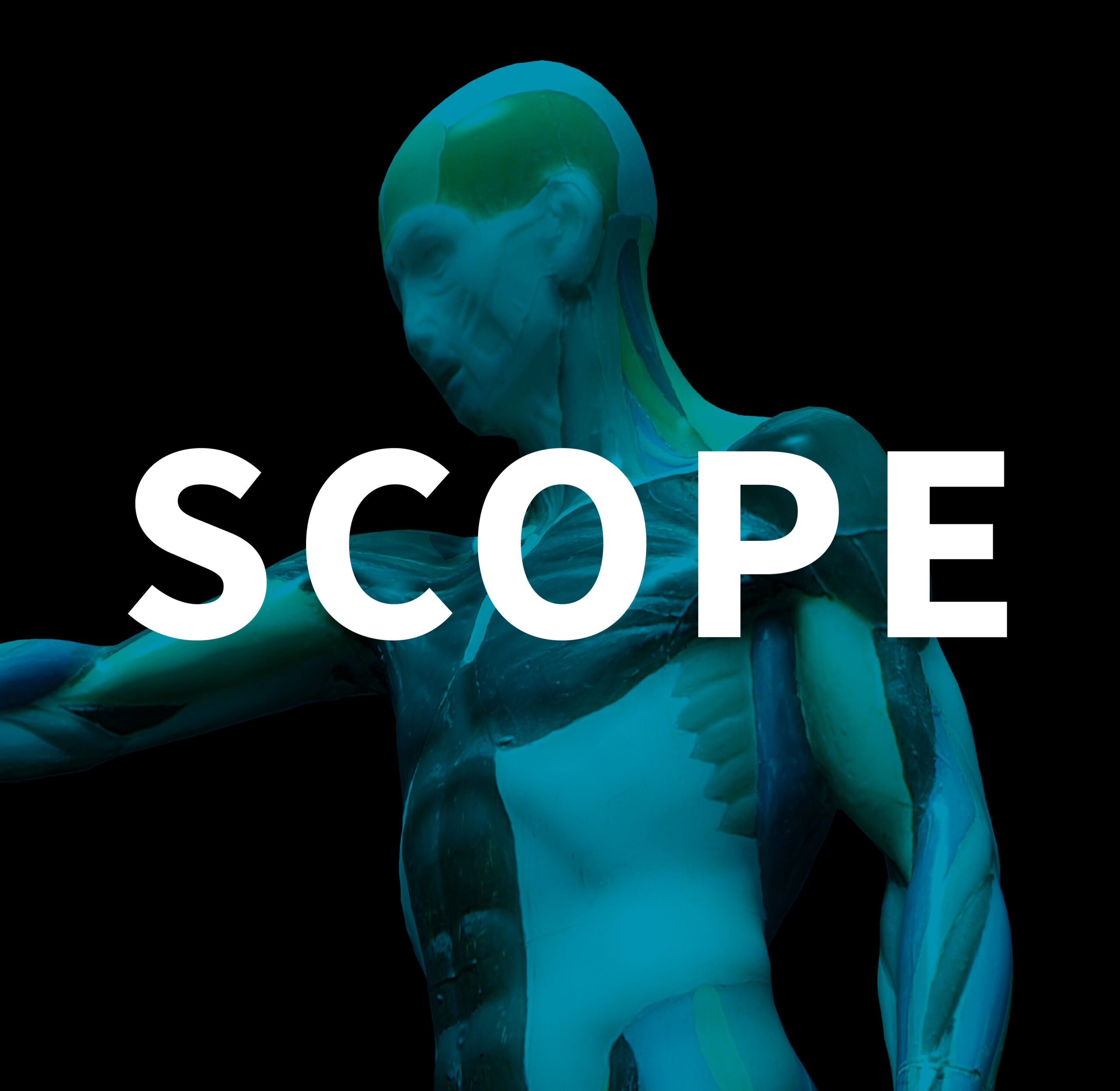
Sander van den Driesche is one of a number of ‘flying faculty’ CMVM lecturers who have been teaching for the past three years on the Zhejiang University/University of Edinburgh Institute (ZJE) Integrative Biomedical Sciences degree programme.
The two universities jointly established the research institute at the new international campus of Zhejiang University, which is based in Haining, about 90 miles from Shanghai.
Now entering its fourth year, the degree programme is taught both by Edinburgh and Chinese colleagues, with graduates receiving a Bachelor of Science (Hons) from The University of Edinburgh and Bachelor of Science from Zhejiang University. The programme is the first of its kind in China, with the Edinburgh elements taught entirely through English.
Originally from the Netherlands, Sander moved to Edinburgh in the early 2000s, initially taking up a research technician post at QMRI, before beginning a post-doc and then taking up a lecturing position. His own research investigates the role that foetal development can play in male reproductive health disorders such as low sperm count and testicular cancer. But in his role as course organiser at Zhejiang, he teaches a range of different subjects.
“What makes it exciting for us is that we are the ones who developed the programme,” he says. “Even though the degree runs parallel to Edinburgh, we have more say in what we teach each year and we don’t always teach just in our own academic specialty. When you’re there you’re expected to contribute to what you can.”
University of Edinburgh lecturers are contracted to teach for up to 12 weeks per academic year at Zhejiang.
“We tend to go out in blocks of a couple of weeks at a time,” he says. “We have quite a big teaching team now, as we have three years’ worth of students.”
While language can be a bit of a barrier at times, Sander finds teaching at Zhejiang particularly rewarding and quite different from his experience at Edinburgh.
“We have standard lectures, of course, but we do a lot of tutorials, group work, problem-based learning and practical sessions as well. Those sort of approaches are quite new to the Chinese style of teaching. And you get a lot more questions than you would from Edinburgh students.”
“I think the key cultural difference is that Chinese students are particularly keen learners,” he adds. “They want to understand things really well and usually come to the lectures extremely well-prepared. They are very keen to have course materials such as slides in advance, for example.”
Future collaborations
Now that the institute is open, and with colleagues beginning to build up their research groups, Sander is optimistic about further collaborations.
“We have our postgraduate students starting to do PhDs, and they will need an Edinburgh-based supervisor, so we are all slowly becoming supervisors to research students out there as well,” he says. “There’s space in the institute for at least a couple of hundred PhD and post-doc students, so that is only going to grow.”
“One of the next challenges for us is probably going to be how we convince UK or European post-grads to base themselves there. I think it’s just a matter of time. When we get our first cohort of graduates next year, we’ll see what happens.”
Read more about Sander: https://www.ed.ac.uk/discovery-brain-sciences/our-staff/research-groups/dr-sander-van-den-driesche
Read more about ZJE: http://zje.intl.zju.edu.cn



Leave a Reply